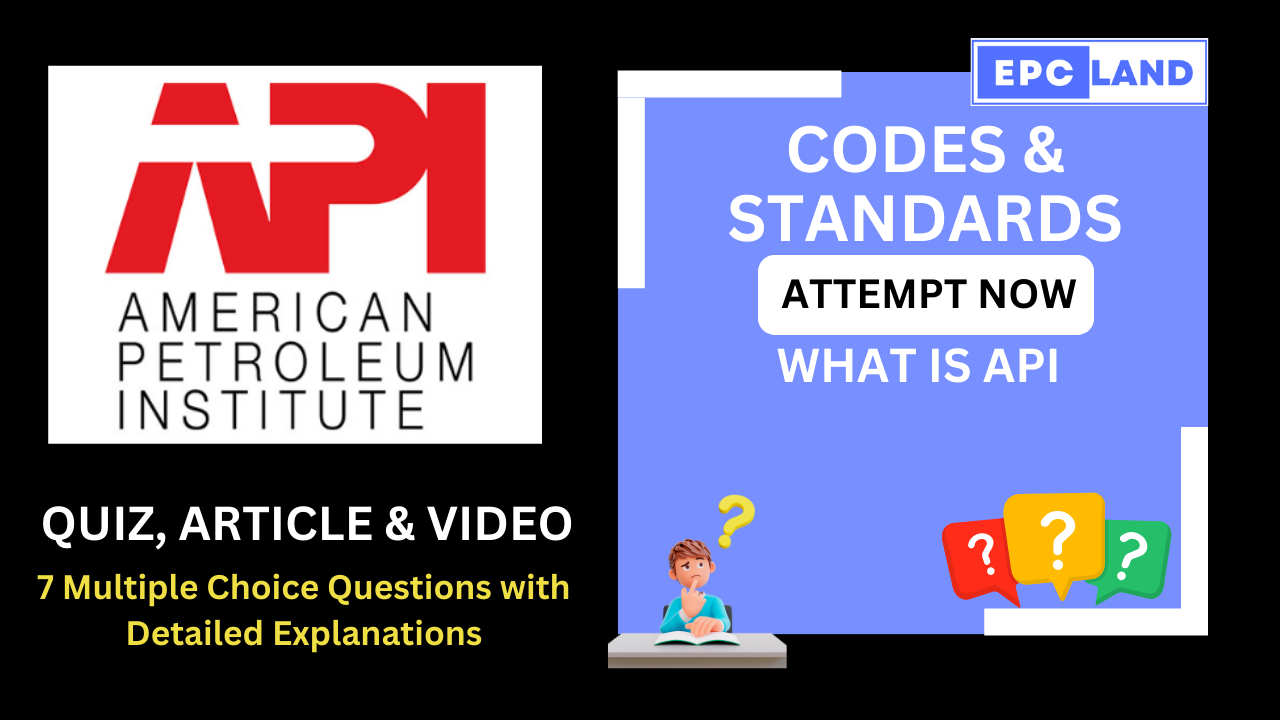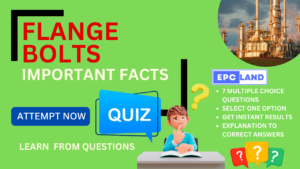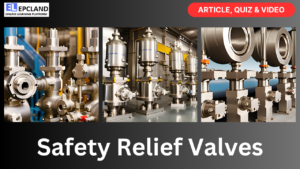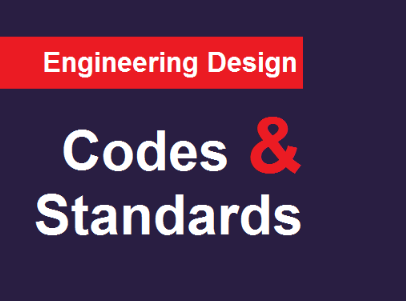

1. When was the American Petroleum Institute (API) founded? w.r.t. What is API
The American Petroleum Institute (API) was founded in: What is API
Explanation: The American Petroleum Institute (API) was founded in 1919, making it the leading voice for the American oil and natural gas industry for over a century.
2. What does API actively lobby for as part of its advocacy program?
API actively lobbies for: What is API
Explanation: API actively lobbies for pro-industry policies as part of its advocacy program, collaborating with various stakeholders to achieve industry goals.
3. What is the primary focus of API’s Research and Statistics programs?
The primary focus of API’s Research and Statistics programs is:
Explanation: The primary focus of API’s Research and Statistics programs includes economic analyses, supply and demand data, and comprehensive industry trends.
4. How many industry-wide standards and recommended practices does API currently maintain?
API currently maintains over:
Explanation: API currently maintains over 500 industry-wide standards and recommended practices, contributing to safety, efficiency, and sound engineering practices.
5. What does API’s Monogram Program certify?
API’s Monogram Program certifies manufacturers of:
Explanation: API’s Monogram Program certifies manufacturers of oil and natural gas production, drilling, and refinery equipment to verify their compliance with industry standards.
6. How does API contribute to education in the oil and natural gas industry?
API actively fosters industry knowledge and awareness through:
Explanation: API actively fosters industry knowledge through seminars, workshops, conferences, and symposia on public policy issues, contributing to professional development.
7. What is the core mission of API?
API’s core mission is to influence public policy in a way that fosters:
Explanation: API’s core mission is to influence public policy to foster a strong, viable U.S. oil and natural gas industry, prioritizing environmental responsibility and efficiency.
25+ Relevant topics on Codes & Standards
Short Article on Codes & Standards

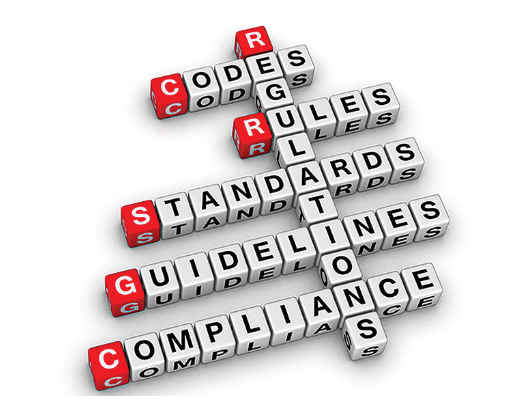
Who is API? A Guide to the American Petroleum Institute
The American Petroleum Institute (API) stands as the leading voice for the American oil and natural gas industry. Founded in 1919, it represents a diverse body of nearly 400 corporate members, encompassing the industry’s entire spectrum – from major oil companies to independent operators, refiners, pipeline operators, suppliers, and service providers. While its focus remains primarily domestic, API’s influence has transcended borders in recent years, earning it global recognition for its extensive programs and initiatives.
API’s Range of Programs:
- Advocacy: Serving as the industry’s voice to the public, policymakers, media, and regulatory agencies, API actively lobbies for pro-industry policies, participates in legal proceedings, and collaborates with other associations to secure its members’ public policy goals.
- Research and Statistics: API conducts and sponsors vital research in areas ranging from economic analyses to toxicological testing. They also compile and publish comprehensive data on all aspects of the industry, including supply and demand, imports and exports, drilling activities, and well completions. This data, particularly their widely-cited Weekly Statistical Bulletin, serves as a crucial indicator of industry trends.
- Standards: For over 75 years, API has spearheaded the development of industry-wide standards for equipment and operations. These standards, encompassing everything from drill bits to environmental protection, represent the combined wisdom of the industry and are recognized for their safety, efficiency, and sound engineering practices. API currently maintains over 500 such standards and recommended practices, many of which have been incorporated into state and federal regulations. Notably, they are increasingly gaining global adoption through the International Organization for Standardization.
- Certification: Ensuring the use of reliable equipment is paramount in the oil and natural gas industry. API’s Monogram Program certifies manufacturers of production, drilling, and refinery equipment, verifying their compliance with industry standards. Additionally, APIQR offers quality, environmental, and health and safety management systems certification, accredited by ANAB for ISO 9001 and ISO 14001. API also certifies inspectors, witnesses critical material and equipment testing, and provides third-party certification for industry training courses through its Training Provider Certification Program.
- Education: API actively fosters industry knowledge and awareness through seminars, workshops, conferences, and symposia on public policy issues. API University delivers training materials to help industry professionals comply with regulations and standards. Recognizing the importance of educating future generations, API collaborates with educational groups to promote scientific literacy and critical thinking skills in classrooms. Resources like the Energy and Society curriculum program and Classroom-Energy.org facilitate engaging and informative learning experiences.
API’s Mission:
At its core, API strives to influence public policy in a way that fosters a strong, viable U.S. oil and natural gas industry. This mission entails ensuring a reliable energy supply for consumers, while prioritizing environmental responsibility and efficiency. API achieves this through:
- Advocacy based on scientific research, technical analysis, and public communication.
- Providing a platform for members to develop unified policies and collective action.
- Collaborating with industry associations and organizations to strengthen industry unity and advocacy effectiveness.
- Facilitating standards development, technical cooperation, and other activities that enhance industry competitiveness.
As the American oil and natural gas industry’s primary advocate, API plays a crucial role in shaping its future. By leveraging its extensive resources, expertise, and collaborative approach, API continues to ensure the industry’s vital contribution to the nation’s energy needs, while advocating for responsible and sustainable practices.
Table of Contents
Don’t miss the Course on Effective Isometrics Management: Check Now
Enrollment Link
Recommended courses (Published on EPCLand)
- Complete Course on Piping Engineering
- Basics of Piping Engineering
- Piping Layout Engineering
- Piping Material Engineering
- Piping Stress Analysis
- Material Requisitions
- Piping Material Specifications
- Valve Material Specifications
- Plant Design & Layouts-OISD 118
- Isometric Management
Library of Technical Articles
Don’t miss out the collection of 15+ articles on following topics:
- Basics of Oil and Gas Industry
- Valves
- Testing
- Tank
- Piping Bulk Items
- Pipe
- Metallurgy
- Piping Materials
- Layout
- Instrumentation
- Heat Exchanger
- Type of Contracts
- Codes and Standards
- ASTM Standards
- Articles on Piping Specialty Items
Video details of Complete Course on Piping Engineering
Why Enroll in the EPCLand
Proven Track Record– PTR
Activities & Achievements before launching EPCLand
- Published more than 50+ short courses
- 3000+ Enrolments
- More than 3,500,00 Minutes of watch hours in the last 2 years
- 4000+ Students in 100+ Countries
- Rating of 4+ out of 5
- 1000+ YouTube Videos
- 8K+ Subscribers
What Students will Learn
- Codes & Standards of the Energy Sector
- Piping Material Engineering
- Piping Layout Engineering
- Stress Analysis
Interesting facts
- All the published courses have been developed by Industry Experts with more than 2 decades of experience
- Content is based on Practical experience and real-time problems.
- Content is designed and organized in such a manner that it can be easily grabbed.
- Complete website, Blogs and Quiz sections are Planned, Designed and published by myself (About me: Atul Singla)
- Complete flexibility of Time & Location, Students can access the content from anywhere & anytime
- Moreover, once enrolled, the content can be access as many times as you want, which helps in understand the fundamentals in a better way.
Conclusion
In conclusion, our courses are meticulously crafted by industry experts with over two decades of hands-on experience. The content is rooted in practical knowledge, addressing real-time problems. The material is thoughtfully designed and organized for easy comprehension. Every aspect, from the website to blogs and quizzes, has been planned, designed, and executed by Atul Singla, ensuring a comprehensive and seamless learning experience. With the flexibility of accessing the content at any time and from any location, students have the freedom to learn on their terms. Furthermore, enrollment grants unlimited access, allowing learners to revisit the material as often as needed, fostering a deep understanding of the fundamentals.
